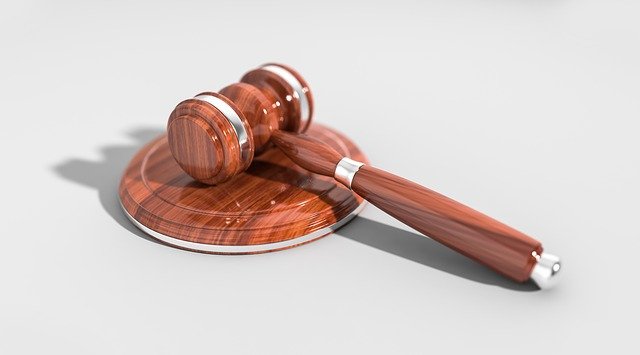To help recover some of the costs of crime, victims can seek compensation from the state, receive restitution, or seek a remedy in a civil court. The tangible costs of crime, like lost productivity, medical expenses, and mental health counseling, cost approximately $105 billion annually. The intangible costs, such as pain, suffering, and diminished quality of life, are estimated at $345 billion annually.
Unfortunately, many victims do not seek these remedies because they are not informed of the benefits the justice system can provide.
Victim Compensation Program
Victims can seek financial compensation through state-run programs. Under the programs, they can be compensated for medical costs, lost wages, and funeral costs. Childcare costs, transport costs, housekeeping costs, and crime scene cleanup are included in some programs.
Compensation is not offered for property loss and damage. Most states do not compensate for pain and suffering.
Only victims of crimes that cause undue hardship are eligible for state-run compensation programs. These include victims of:
- Rape
- Child Sexual Abuse
- Domestic violence
- Assault
- Drunk driving
- Homicide
Restitution
Restitution is money that an offender pays to a victim. It is made by court order to compensate the victim for his or her out-of-pocket expenses or losses resulting from the crime. Like crime victim compensation programs, restitution can be ordered to recover medical bills, dental bills, counseling, lost wages, and transportation. Unlike compensation programs, restitution can cover costs of damaged or stolen goods.
Copies of bills, invoices, receipts, insurance claim forms, and other proof of losses help expedite the determination of an appropriate amount for restitution. Restitution is limited to expenses that are tangible and documentable. It cannot be ordered for damages for pain and suffering.
Civil Litigation
Crime victims can pursue civil litigation against offenders. In civil suits, the victims can seek money for physical and emotional harm. Therefore, in a civil court, crime victims can sue for personal injuries and seek money for pain, suffering, and other non-economic losses as well as economic losses. If the court finds the defendant liable, he or she will be held financially accountable for the physical and emotional harm suffered by the victim.
Civil lawsuits can be brought against other at-fault parties. A rape victim can sue a hotel for negligent security that allowed the rape to take place. A landlord can be sued for creating conditions that invited crime.
Even the police can be sued. The police can make mistakes when performing their duties and be held liable for the harm suffered by victims. For example, it is common for law enforcement to jump to conclusions when investigating drug crimes. That can create legal challenges that could result in favorable outcomes for the people involved. Similarly, a known potential victim can sue the police department for failing to protect him or her from harm.
The money awarded to crime victims helps them rebuild their lives and get as close as possible to the state they were in before the crime occurred. Personal injury lawyers can help victims choose the remedy that would best compensate them for their injuries or losses.
